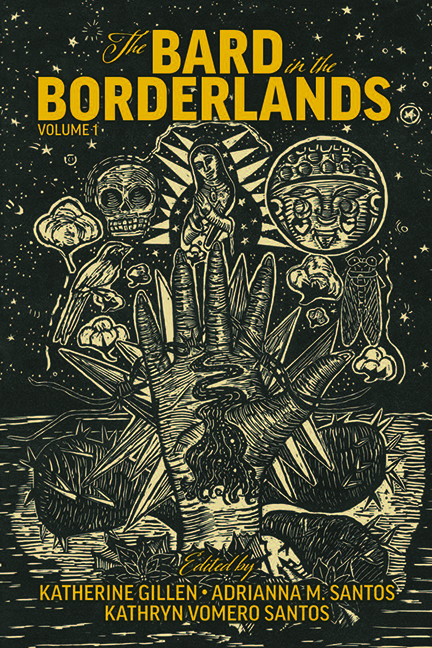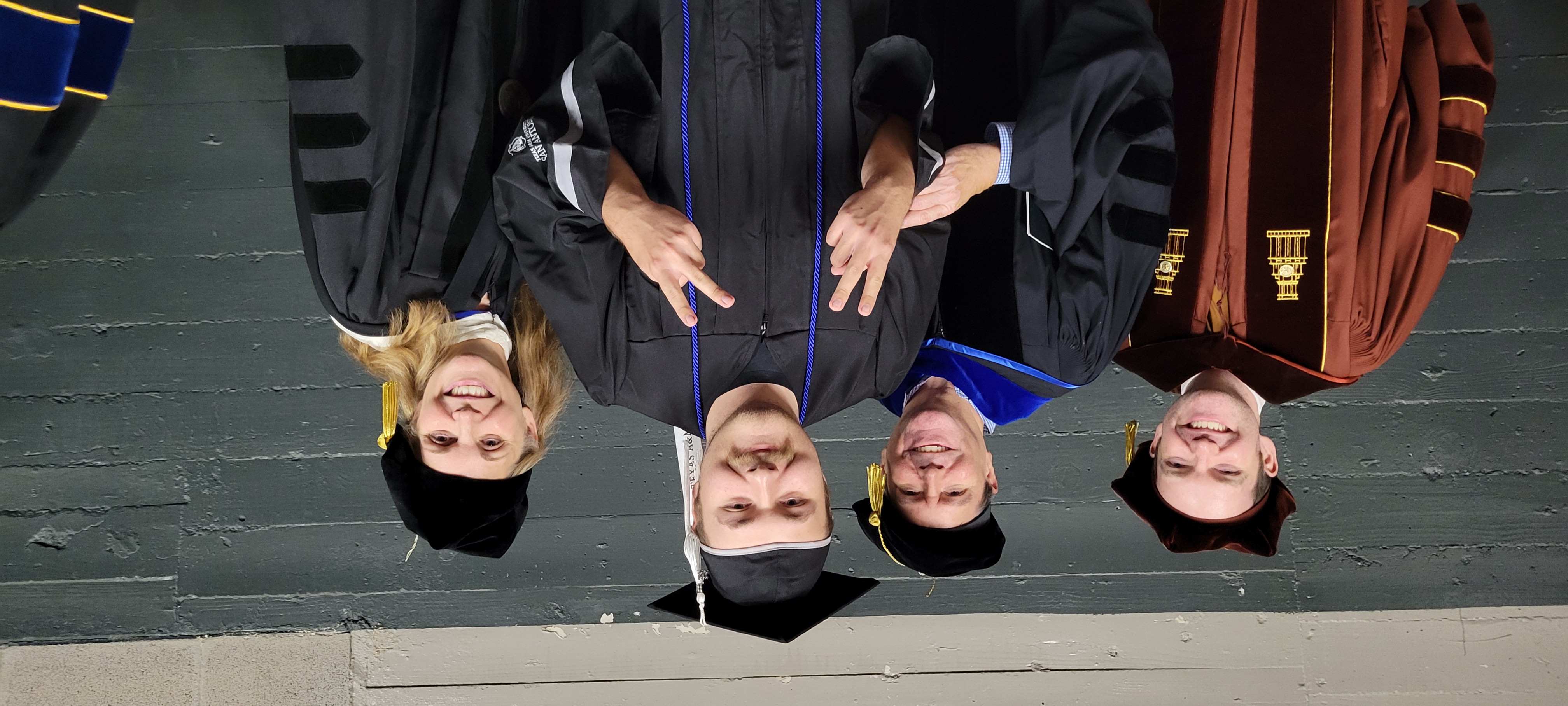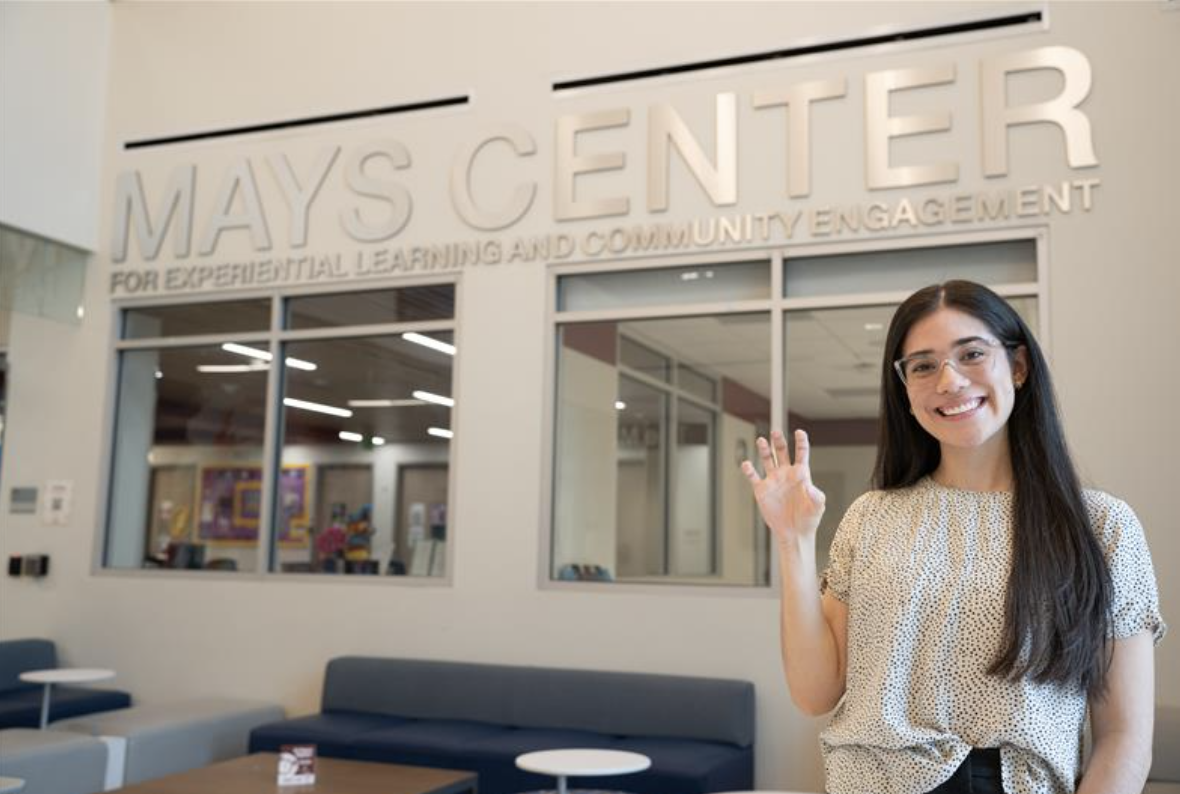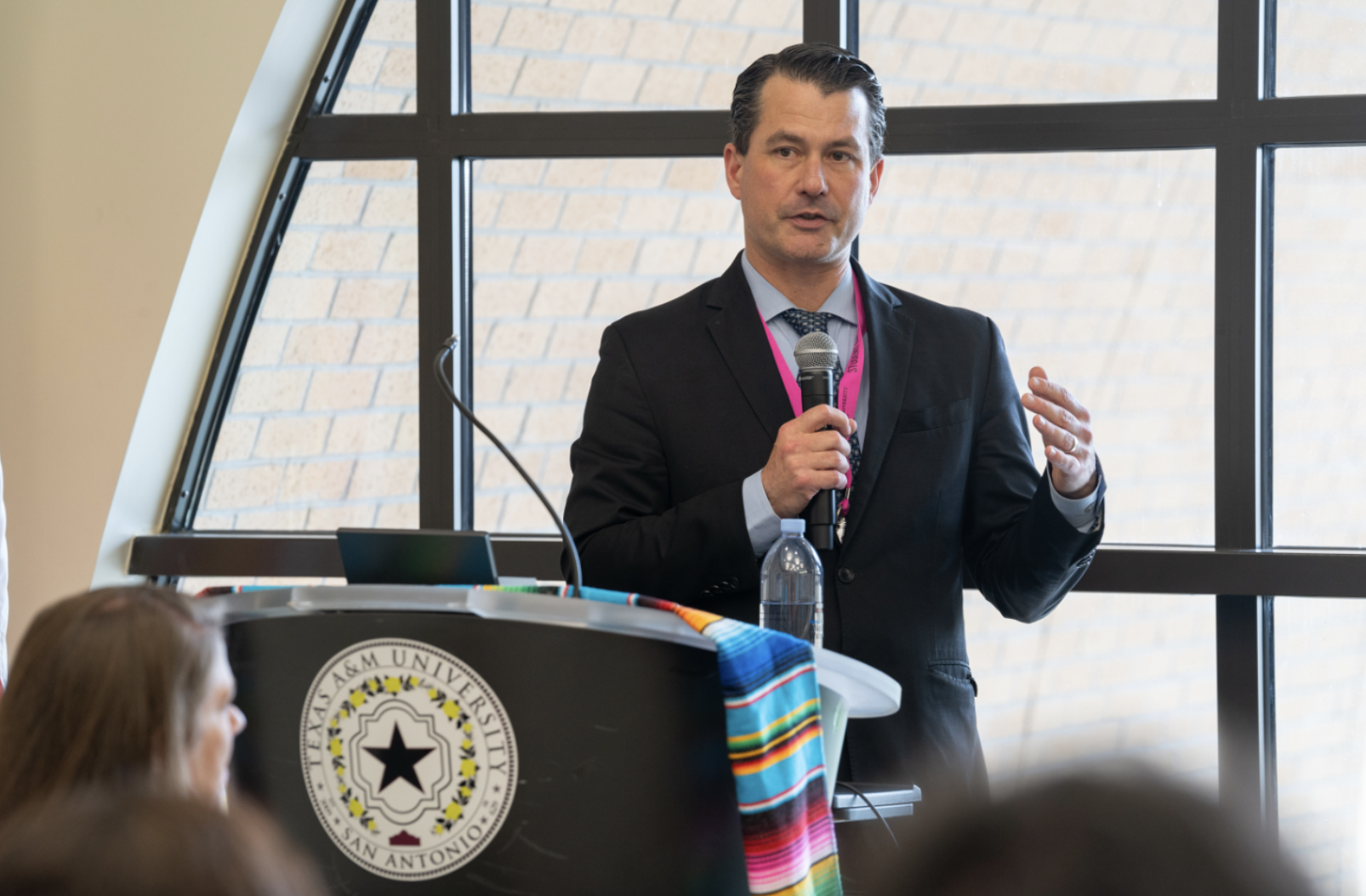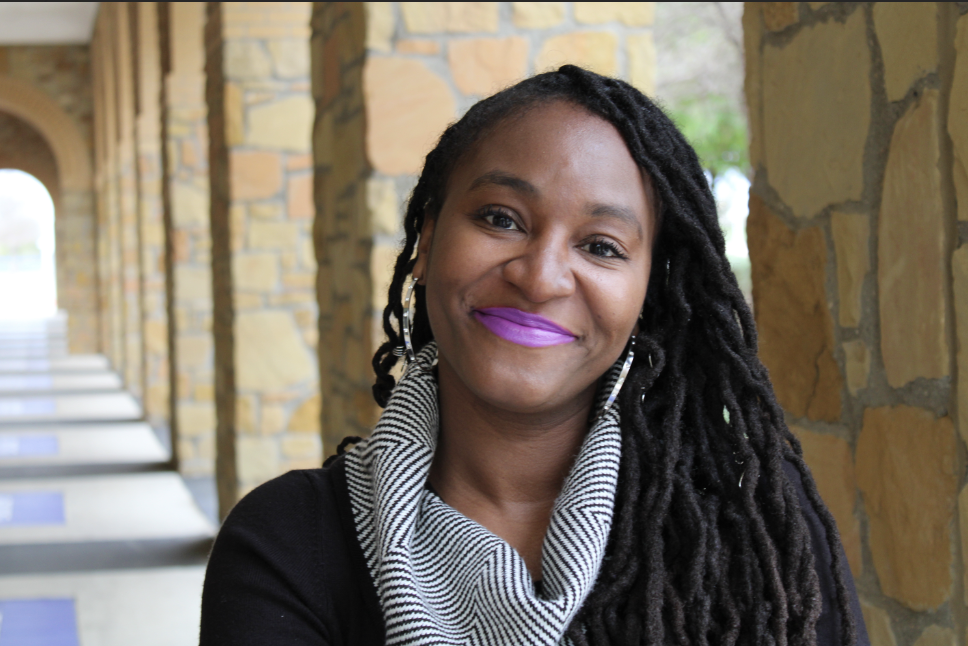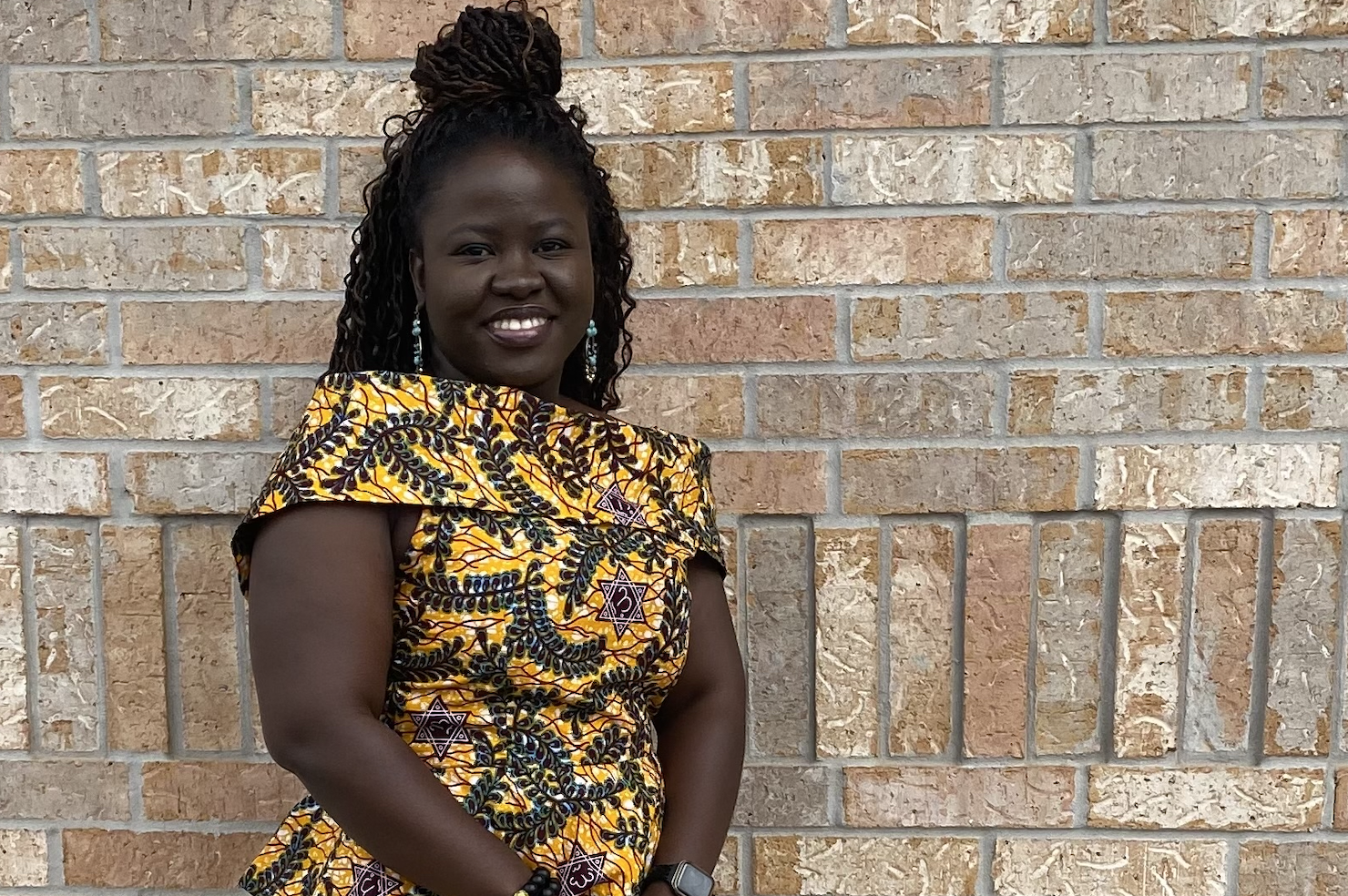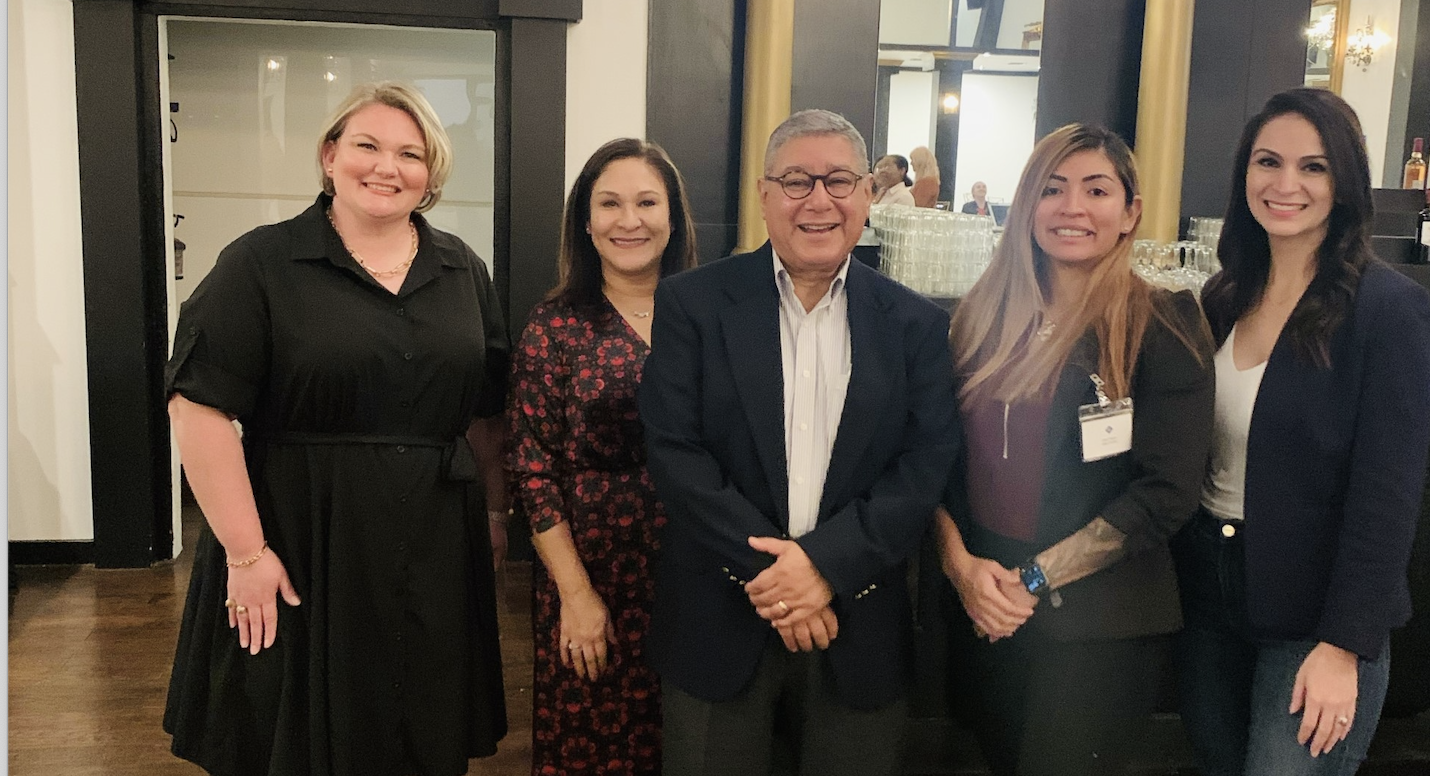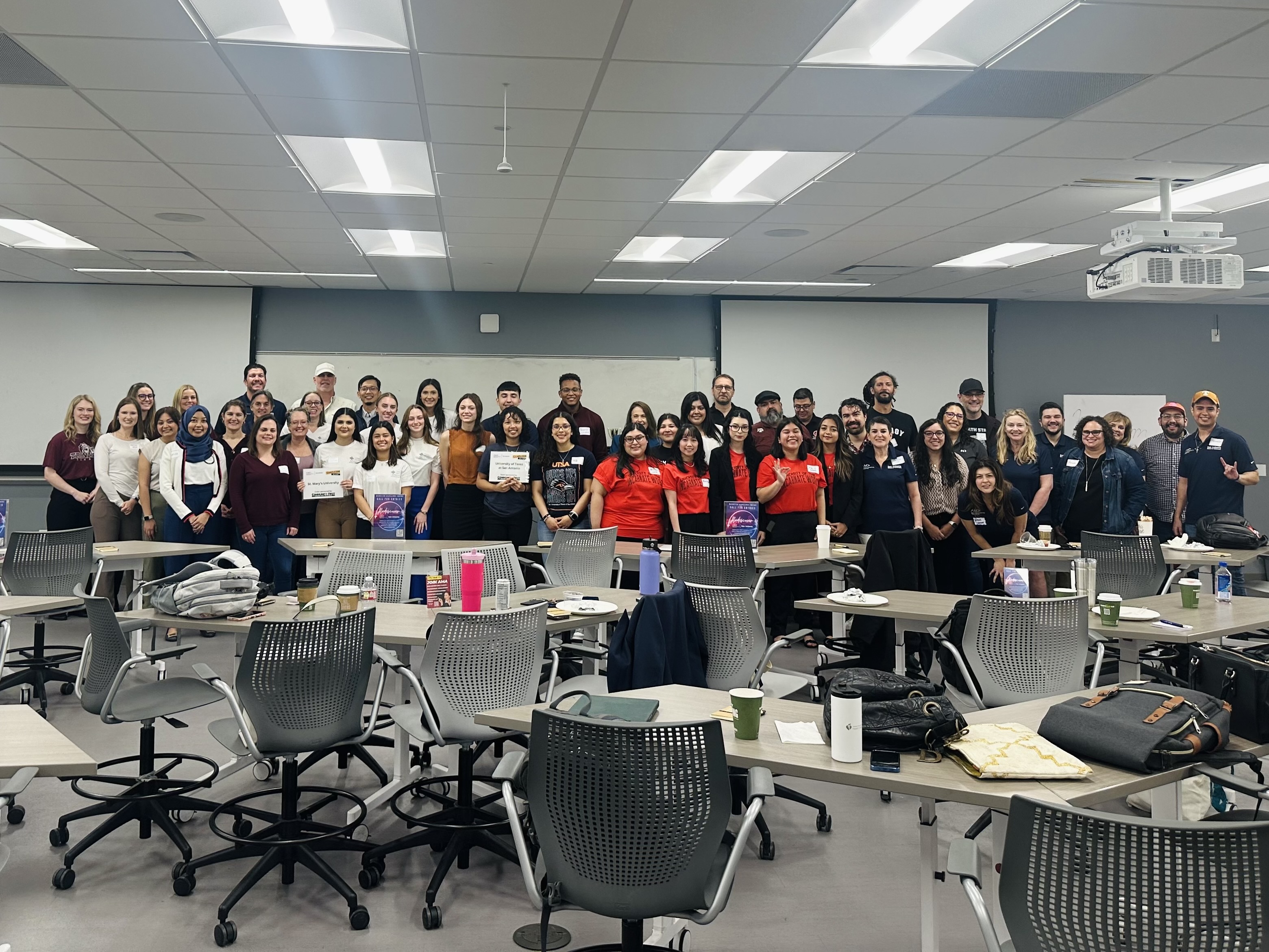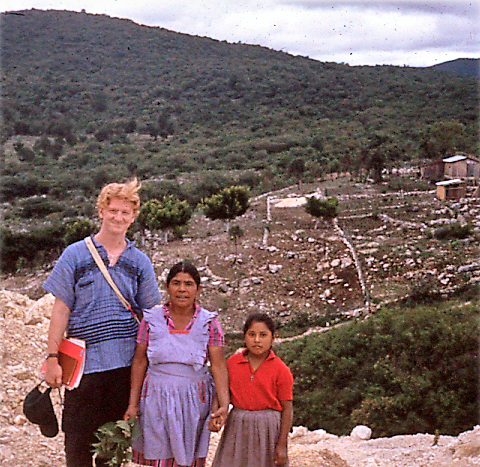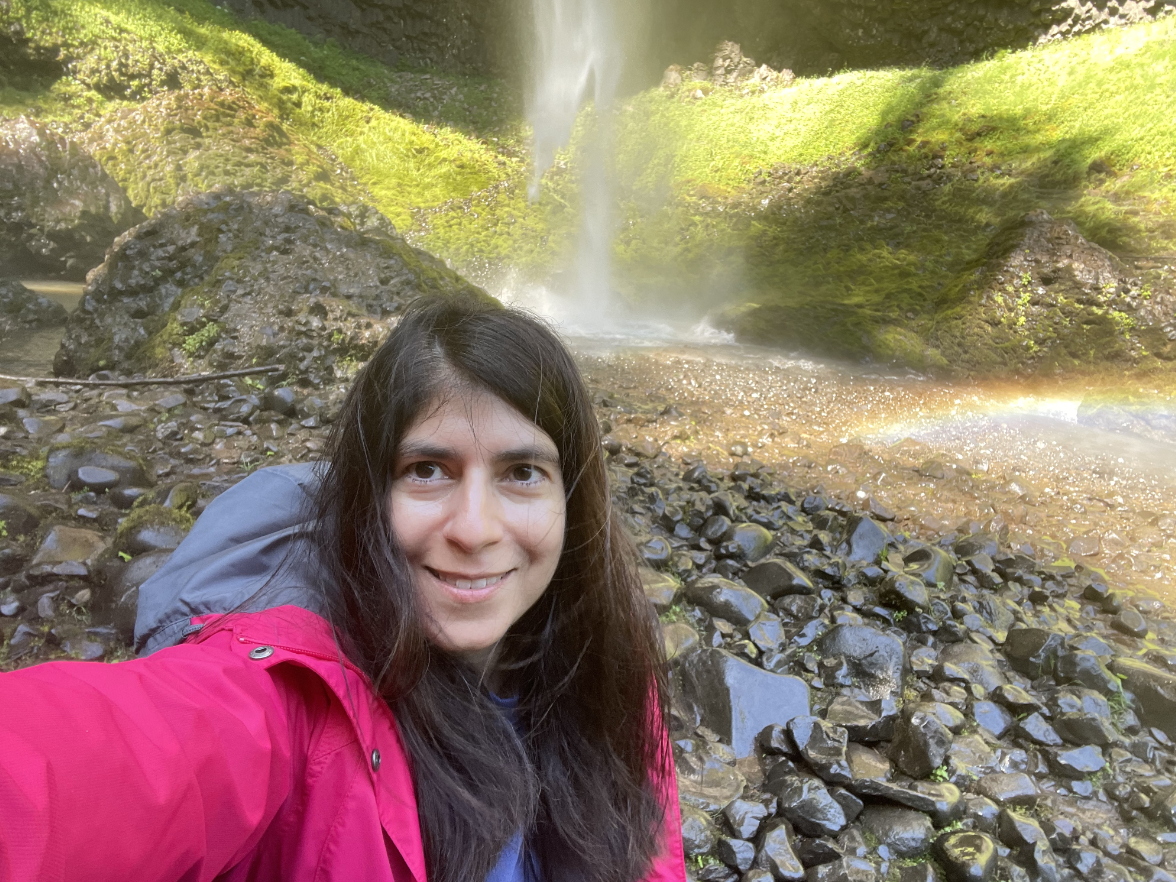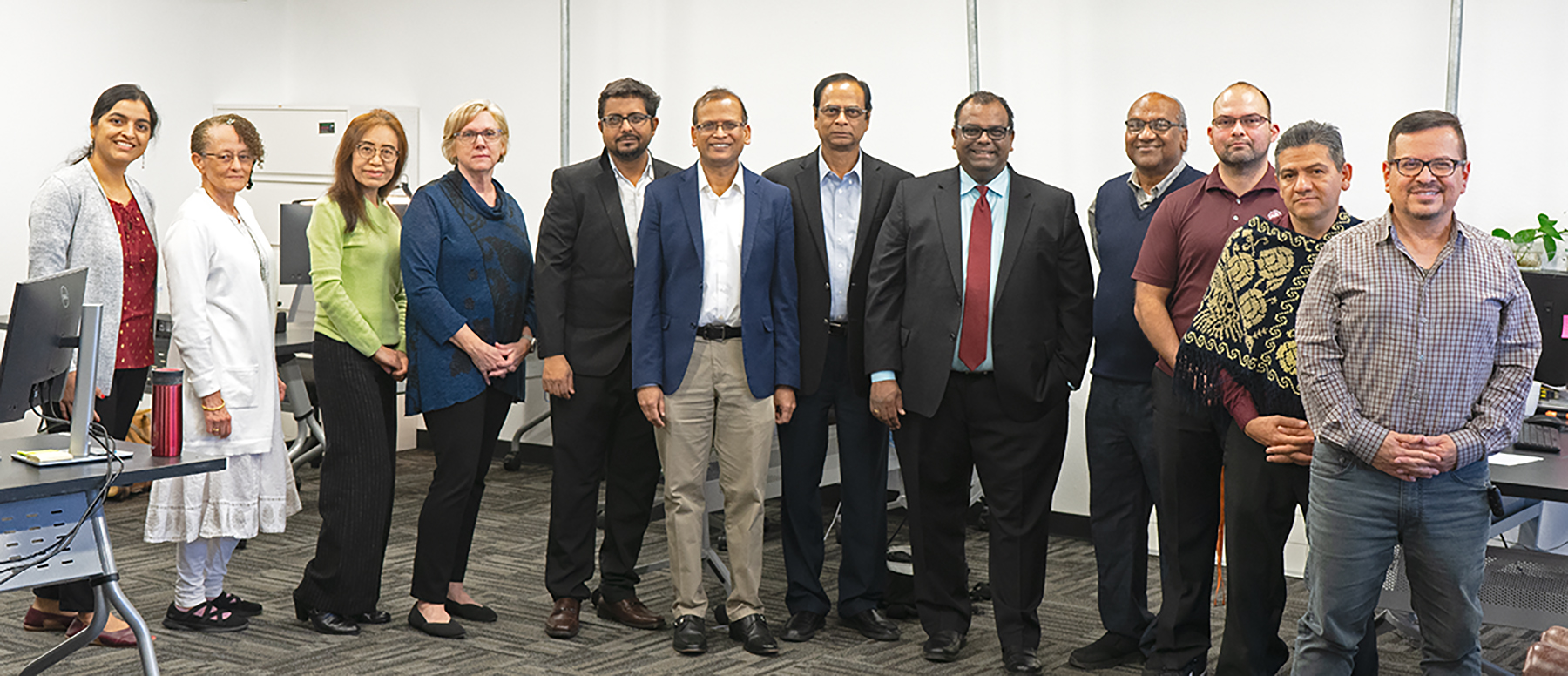Professors Aim to Change the Way the Bard is Taught by Highlighting Border Artforms
By Sam Boykin
What started as an interdisciplinary collaboration between college professors about culture, literature and education has evolved into a dynamic new publication called The Bard in the Borderlands: An Anthology of Shakespeare Appropriations en La Frontera. The first of three volumes is scheduled to be published in April. The anthology features multilingual reimaginings of Shakespeare’s plays that reflect the history and day-to-day life of the U.S.–Mexico borderlands, and are one manifestation of a rich, decades-long tradition of Chicano teatro.
“Many students see Shakespeare as an imposition—part of an Anglocentric white male canon,” said Dr. Katherine Gillen, an associate professor of English at Texas A&M University–San Antonio and chair of the Department of Language, Literature, and Arts. “They feel alienated by a tradition that doesn’t include their perspective. But they’re also interested in how these Mexican American and Indigenous authors are making it fresh and interesting. They can see themselves in these plays.”
Working with Gillen on this project are Dr. Adrianna Santos, an associate professor of English at A&M-SA, and Dr. Kathryn Vomero Santos, Trinity University assistant professor of English. The three professors founded The Borderlands Shakespeare Colectiva (BSC) in 2019 as a way to engage with Shakespeare while integrating languages and traditions from the U.S.–Mexico Borderlands. The three scholars at the helm of the project each bring unique expertise and have been central to the development of the burgeoning subfield of Borderlands Shakespeare studies.
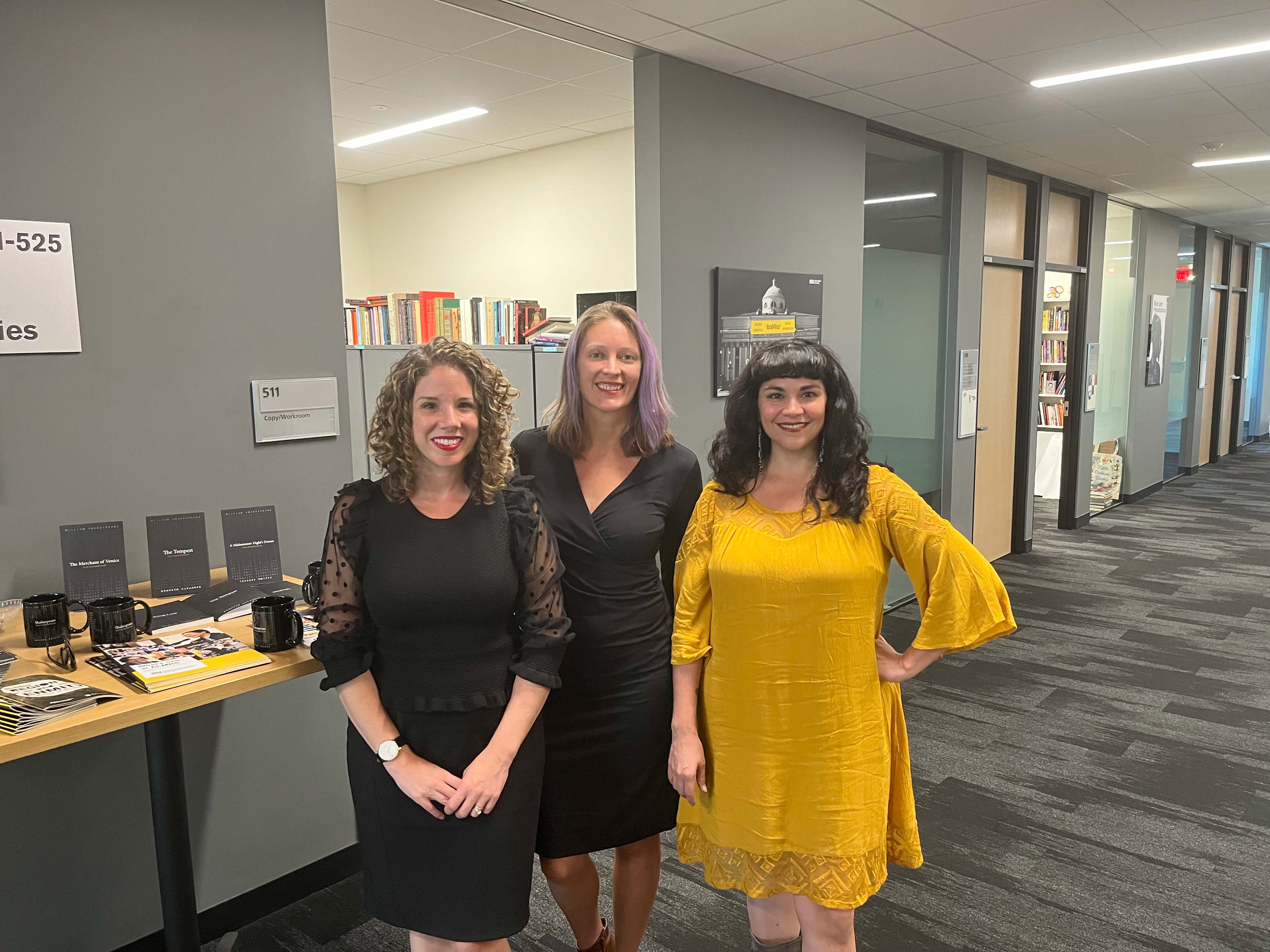
“I am thrilled to be continuing this cross-institutional partnership between Trinity University and Texas A&M University-San Antonio. Our project builds on our institutions’ shared commitments to fostering research in the region and to supporting the public humanities in San Antonio and beyond,” notes Kathryn Vomero Santos.
The trio’s efforts received a boost recently when A&M-SA was awarded a $500,000 grant to support the BSC from the Mellon Foundation as part of their inaugural call for Higher Learning and Civic Engagement Research Related Projects. Ultimately, the BSC hopes to broaden the way Shakespeare is taught and performed while also championing social justice causes to appeal to a new audience.
“Part of what makes this project so interesting,” said Gillen, “is that these plays are part of a long global Shakespeare appropriation, especially from colonized places.”
Those places include India and countries throughout Africa, Gillen said, where authors have taken works by Shakespeare, which were often thrust upon them by British rule, and reworked them from their own perspective, sometimes countering colonial narratives.
“It encourages cultural pride as opposed to feeling alienated from mainstream culture. To have students feel empowered and know that their voices matter is really important.”
– Dr. Adrianna Santos
“Some of that’s happening here with The Bard in the Borderlands, but the Mexican American theatrical tradition has long helped inspire political consciousness and activism,” explained Gillen.
The first volume contains adaptations of Romeo and Juliet and Hamlet among other plays. The second and third volumes, tentatively scheduled to be published in the spring of 2024 and 2025, respectively, will take on other iconic works such as The Merchant of Venice, Henry IV and Measure for Measure.
Arizona State University’s ACMRS Press is publishing The Bard in the Borderlands as an open-access book that contains 13 previously unpublished plays. People will be able to access the volumes online as well as in print (pre-order the print version). And while it’s still a work in progress, Gillen, Adrianna Santos and Kathryn Vomero Santos hope to connect with a local theater company to produce selections from the book and make the plays accessible to other theaters and schools.
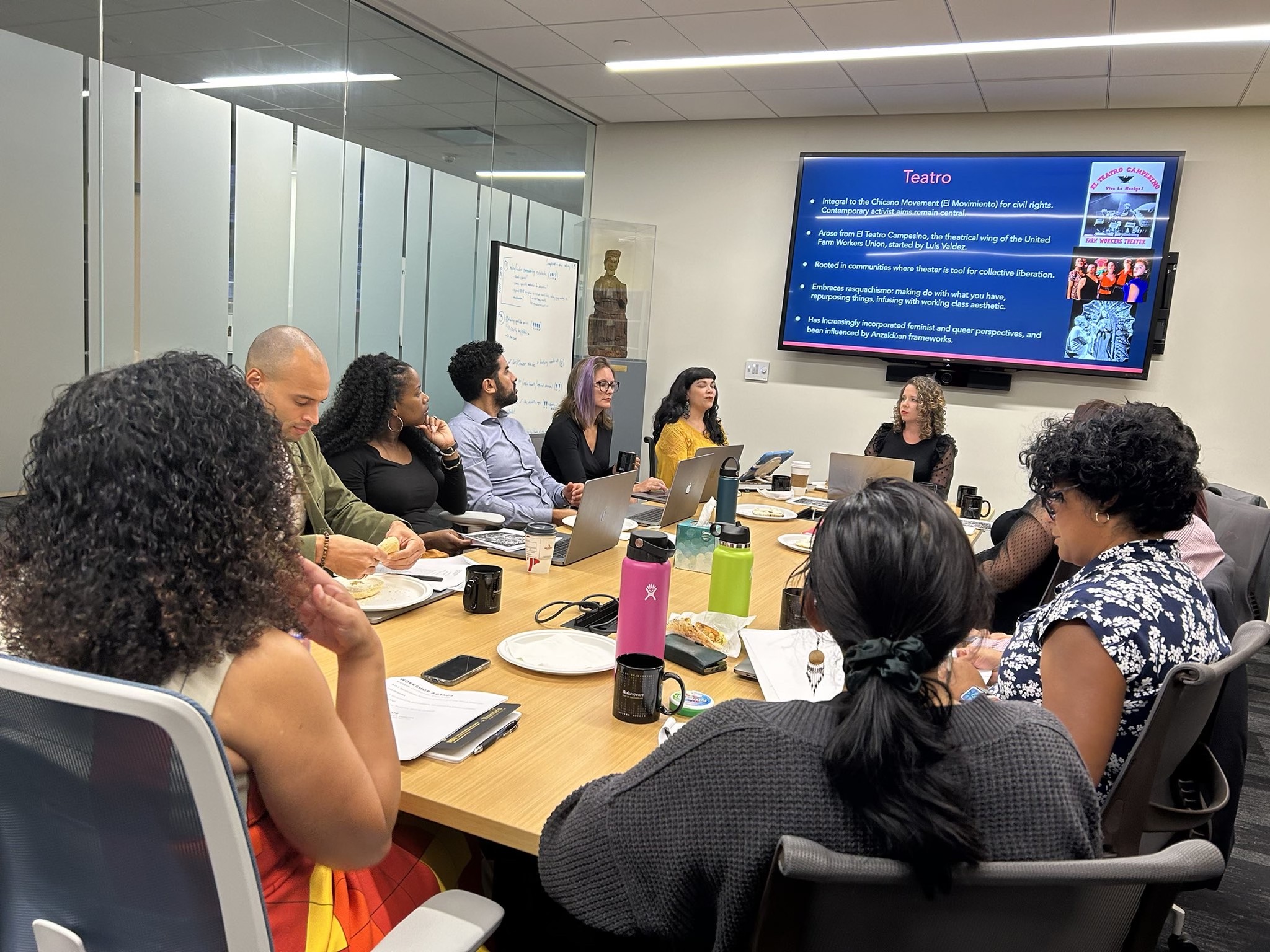
“Our goal is to get this material to teachers, students, theatre practitioners and community members who are interested in Mexican American and Indigenous drama or Shakespeare,” said Gillen. “But we also want to reach those who don’t find teaching or reading Shakespeare very interesting and help make the work culturally sustaining and relevant for them.”
The project has already garnered attention from both the local and national media, including Axios, Telemundo, Sundial, Latino Stories, New Books Network, Texas Public Radio’s Fronteras and The Texas Standard.
“I’m hoping that we can use the spotlight to highlight the amazing work that these artists are doing and share it with other people,” Gillen shared. This includes the commissioned cover art, Healing Borderland Hand, by Celeste de Luna, who is originally from the Rio Grande Valley and currently teaches Mexican American studies and art at Northwest Vista College in San Antonio. Adrianna Santos said she believes The Bard in the Borderlands will resonate locally because of the region’s multicultural and multilingual population, especially at A&M-SA, which was designated recently as a Hispanic Serving Institution.
“There are San Antonians who have experienced living on both sides of the border,” said Adrianna Santos. “And they can see music and cultural and spiritual rituals represented in these plays that aren’t necessarily given respectful attention in other arenas. The art form reminds them of their family and their history. It encourages cultural pride as opposed to feeling alienated from mainstream culture. To have students feel empowered and know that their voices matter is really important.”


